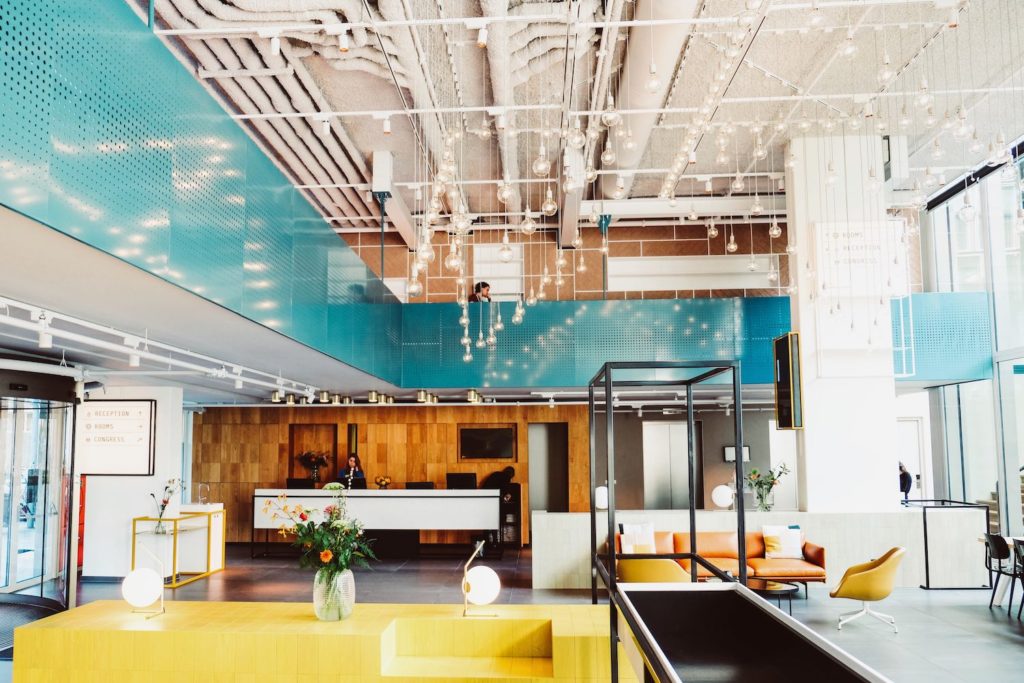7 TIPS TO IMPROVE YOUR SLEEP
March 15th is World Sleep Day, and as sleep is at the heart of Hotel Casa’s business, we can’t let this day pass without offering our best tips to enhance your sleep. In addition to enjoying a restful night in our luxurious hotel beds, we’d like to share 7 tips on how you can improve your sleep at home.
1) Ditch the screens, pick up a book!
It’s common knowledge, but staring at screens before bed isn’t great for sleep. The blue light they emit can disrupt your sleep cycle by suppressing melatonin, the hormone that helps you sleep. Instead, opt for reading a book about an hour and a half before bedtime. Engaging in a story naturally induces drowsiness as your brain unwinds. Choose something light-hearted from our selection in the hotel rooms or browse our bookcase for options.

2) Sport and sleep
Exercise gets you tired. Right? Yes, but when you have just finished a heavy workout, adrenaline is still running through your body. Not your best friend when you want to go to sleep. If you do want to exercise, try to do it earlier on the day or early in the morning after you wake up – it’s also a good way to get your body fuelled.
3) Optimise your sleep environment
There are several elements you can improve in your sleep environment. Create a tidy, dark room with fresh air, but don’t make it too cold, around 20 degrees Celsius*. The temperature in your bedroom has a big influence on your sleep quality, although it depends on your habits and preferences of course. Also make sure to reduce external noise, for example with earplugs. Noise, such as from traffic or neighbours, can cause poor sleep and long-term health problems. In keywords: go for quiet, dark, fresh and clean.
4) Avoid Excessive Sleep
While many people enjoy some extra time in bed, humans actually need only 4.5 to 5 hours of deep sleep. Suprising isn’t it?! This deep rest is crucial for our well-being, occurring in cycles throughout the night alongside lighter stages. Aim for 6-8 hours of sleep to strike a healthy balance. Sleeping excessively can lead to health issues like severe headaches or even diabetes.
5) Organise your day
With other words: create a rhythm. Choose a time when you go to bed and when you go out again. Try exercising right after getting up and go outside a lot during the day. Bright daylight improves your energy during the day as well as the quality of your sleep at night. Your inner clock, called circadian rhythm, can easily determine when it is time to sleep when you have had enough exposure to daylight.
6) Prioritize Pre-Bed Relaxation
If reading isn’t your thing but you seek relaxation before sleep, consider relaxation exercises or indulging in a warm bath. Nowadays, there are excellent apps offering sleep meditations. Alternatively, you can practice exercises without relying on your phone, such as breathing exercises or muscle relaxation. A warm bath or hot shower is also highly effective. The heat encourages your body to produce extra melatonin, the sleep hormone, promoting a more peaceful transition into sleep.
7) Change your diet
You don’t have to throw your favourite comfort food out right away, but do pay attention to the amount. In fact, dining too heavily before going to bed has a big impact on your sleep. The extra calories hit your metabolism (fat burning) hard, causing your body temperature to rise, increase brain activity during deep (REM) sleep and will get you more fuzzy dreams or nightmares. Besides, your body goes into an active mode when you have just consumed a lot of nutrients, which will keep you awake longer. So don’t eat and drink too much just before going to bed.
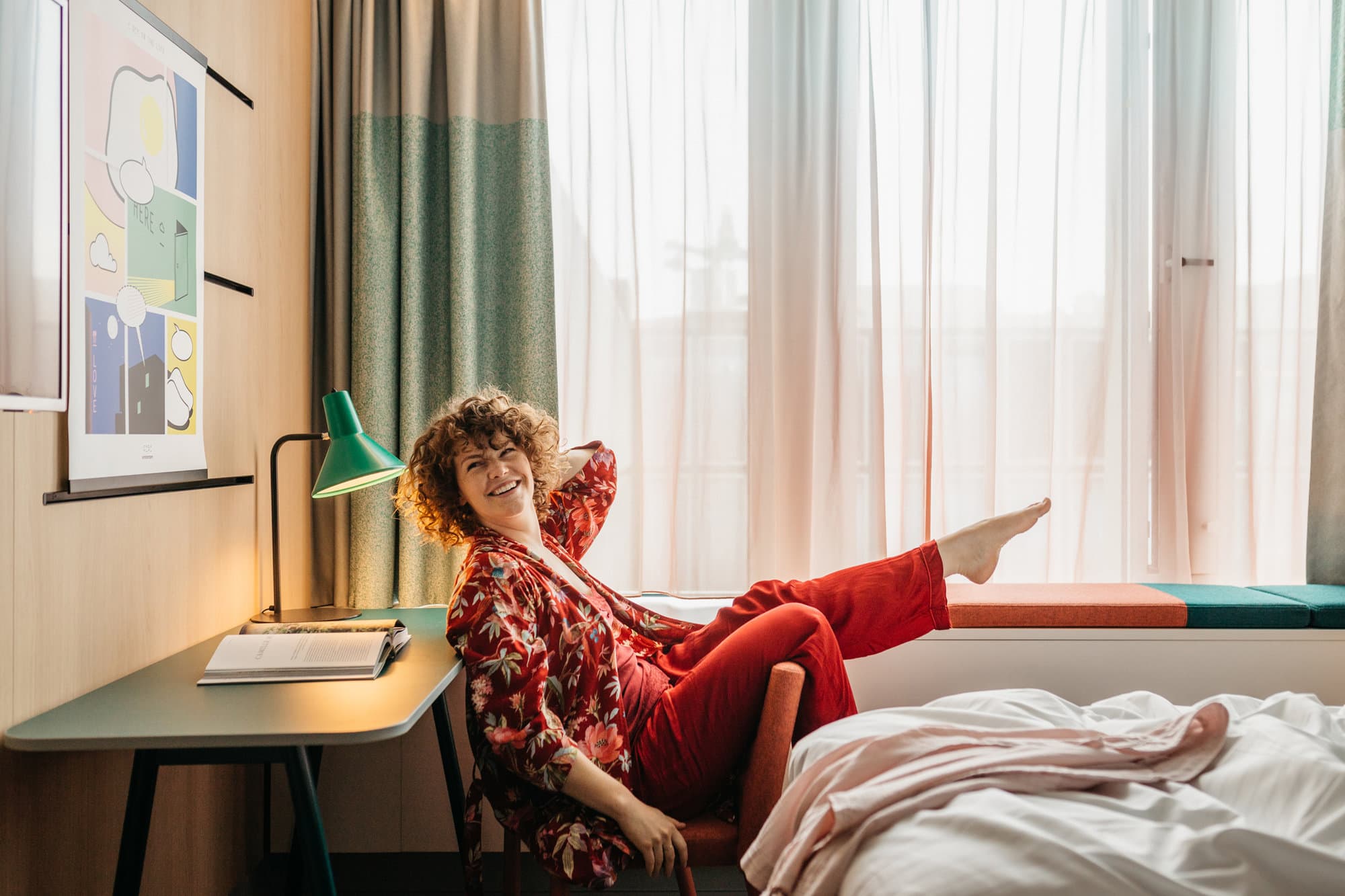
Dream on in Casa
Do you also spontaneously feel like snuggling up in our big, soft beds? You can! Including warm but light sheets, several pillows and thick curtains for a 6 to 8-hour night of deep sleep AND with a dream for dessert. Book your night away at Casa now and we’ll see you soon. Sleep well!
* The above information comes from studies by NCBI (National Center for Biotechnology Information).
OUR
BLOGS

Away from the Ordinary with Erica
Away from the Ordinary with Erica, shiftleader of CASA’s restaurant EAST. Her warm smile is sure to brighten your day. Get to know her!
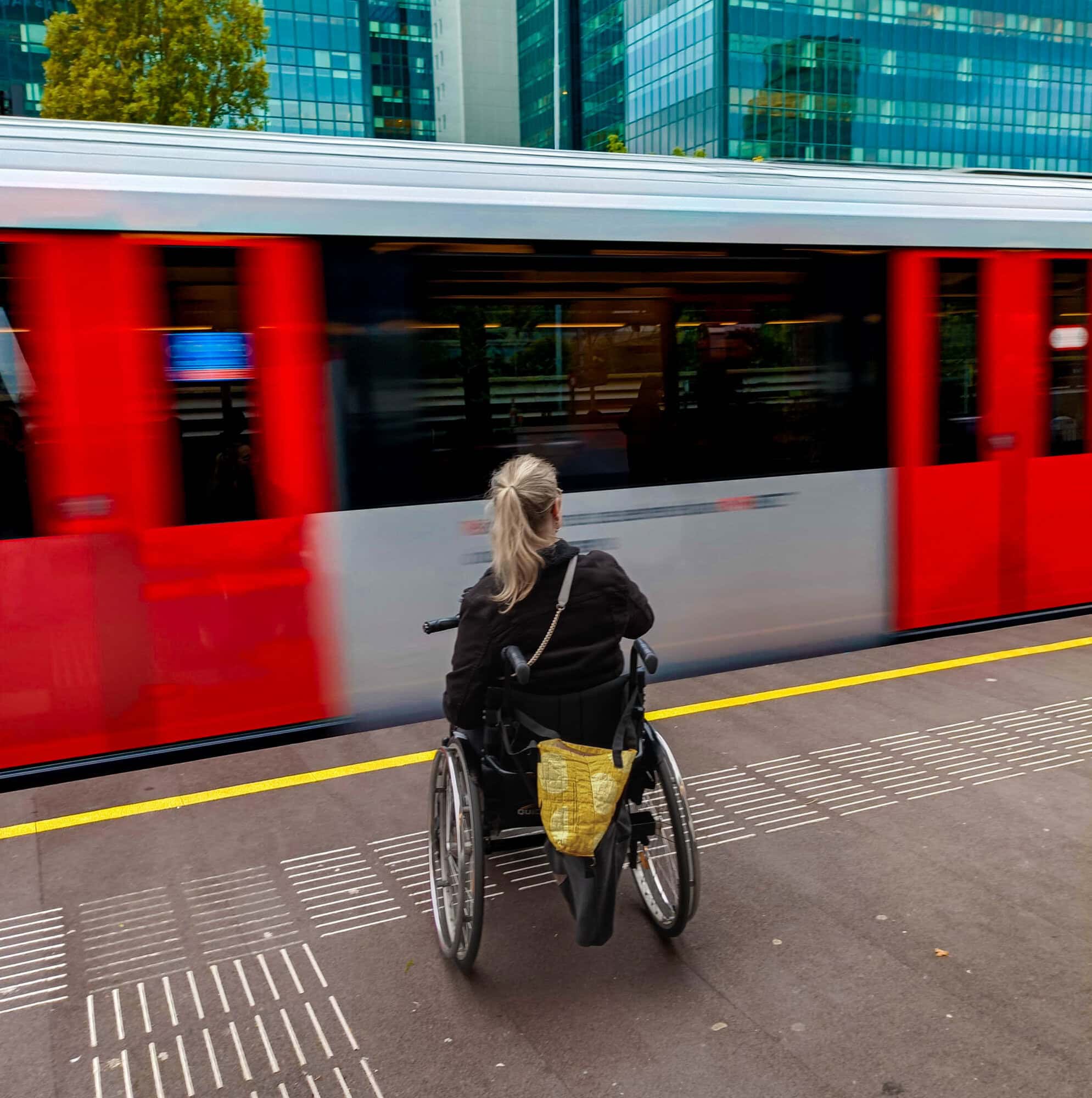
Wheelchair Accessible Amsterdam
This blog provides tips and insights on wheelchair accessibility in Amsterdam for easy exploration of the city.
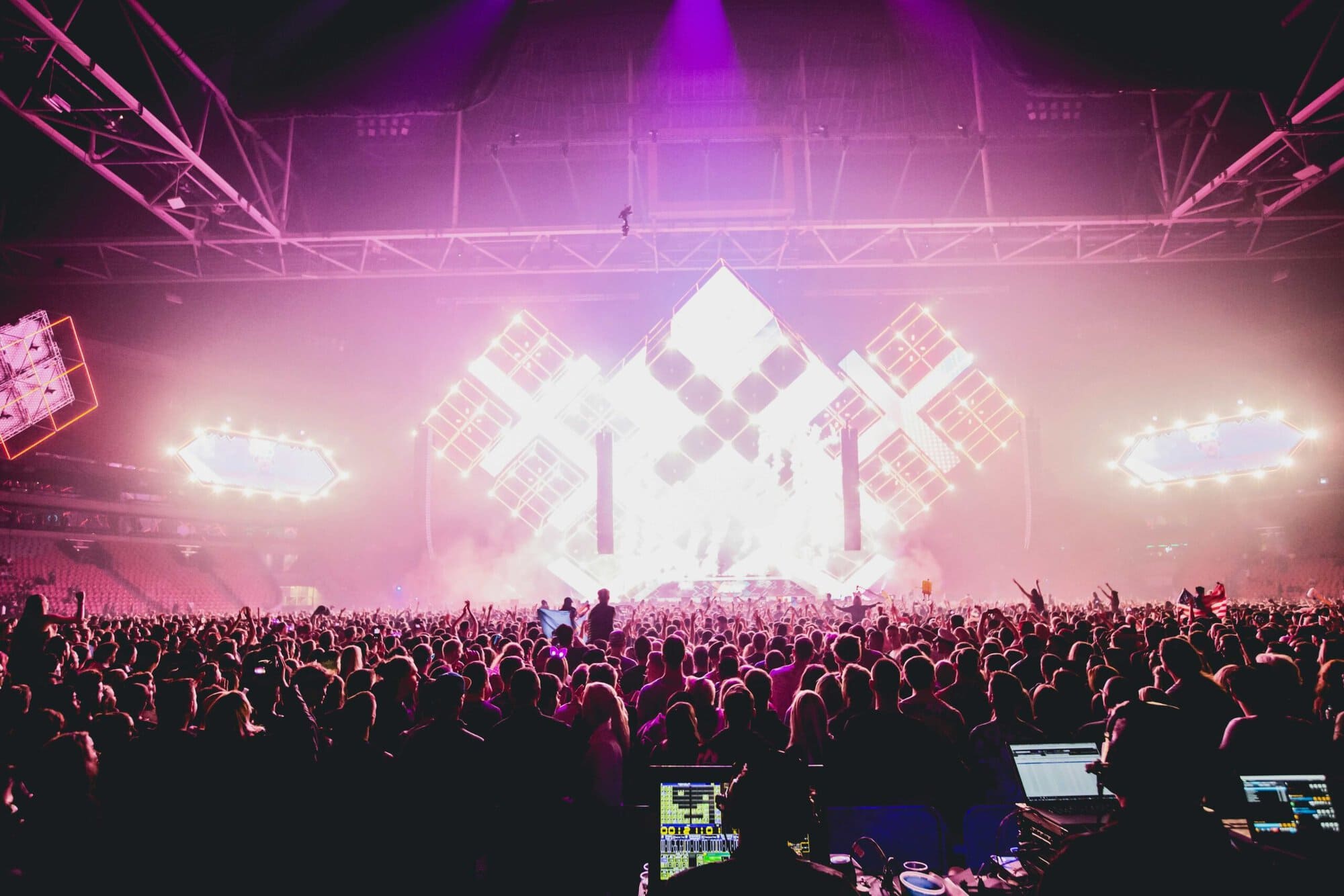
10 best ADE parties in 2024
With ADE (Amsterdam Dance Event) just around the corner, the CASA colleagues are eager to share their tips for the best parties during ADE.
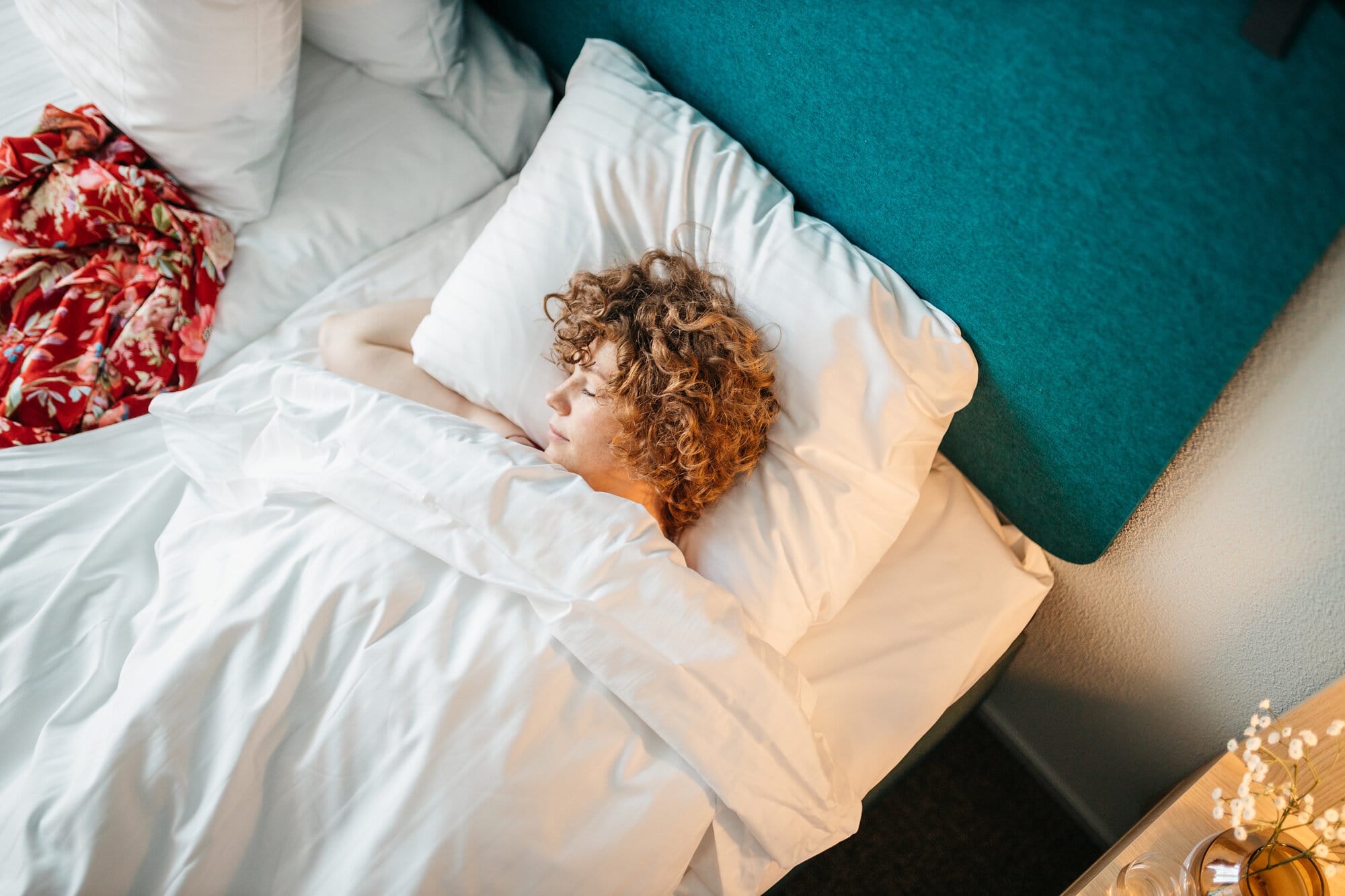
 NL
NL DE
DE FR
FR